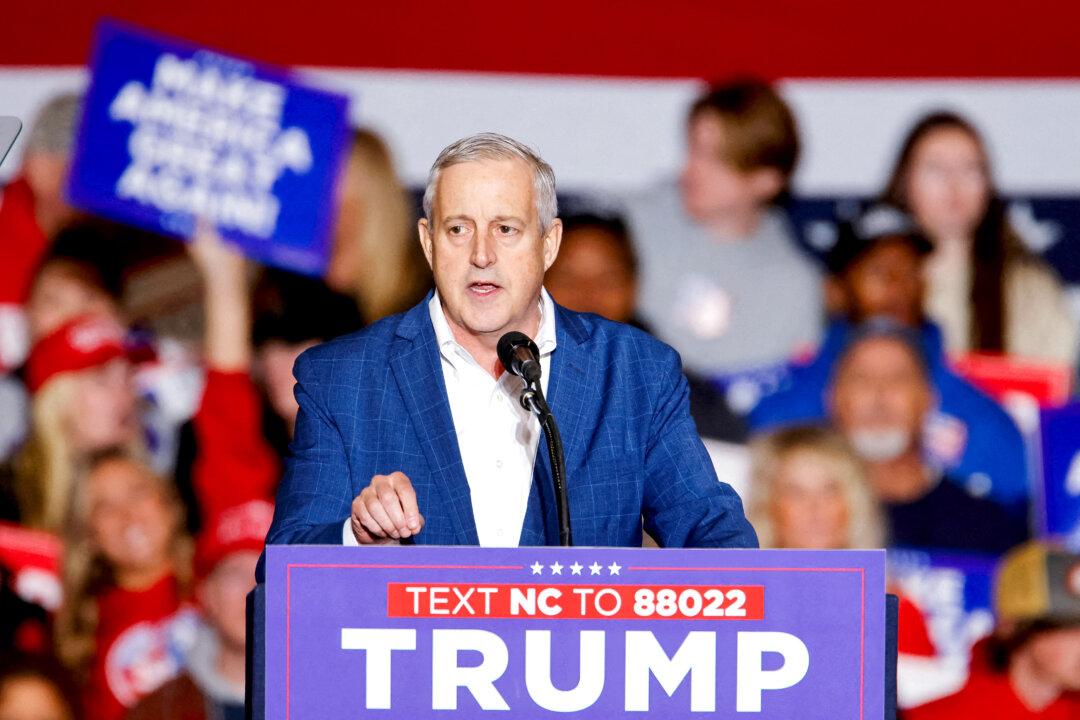As the Republican National Committee (RNC) shifts much of its 2024 focus to ensuring election integrity, RNC officials discussed the measures they’re undertaking to ensure that America’s 2024 election is fair and secure.
Earlier, the RNC announced the creation of an election integrity division, focused on issues like legal fights across the United States, ballot watching, and other measures.





